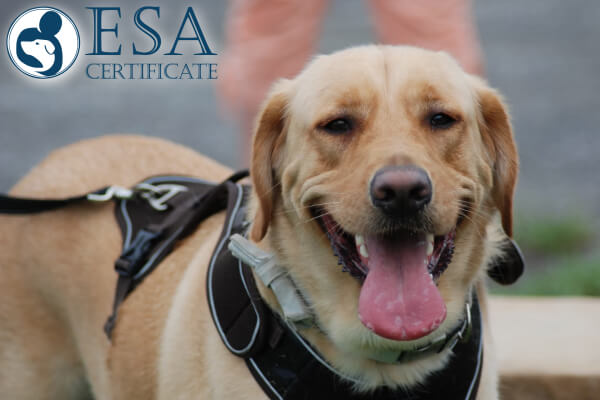Using assistance animals can be very helpful for people with various disabilities, but some people still don’t fully understand everything about them. Here we debunk the 10 most common myths about assistance animals. We’ve also posted links on this page to helpful articles with more information.
Service dogs, emotional support animals and therapy dogs are one and the same.
Each dog serves a similar purpose and helps its owner’s well-being. However, service dogs, emotional support animals, and therapy dogs are used for completely different forms of therapy and have different rights under the law.
Service dogs are specially trained to perform tasks that help their owners with disabilities. They allow people to continue to live a familiar and independent lifestyle.
A therapy dog is a great help to many people. They can perform a variety of roles in people’s lives. For example, it may be helping a child read a book aloud with confidence or helping people who need physical therapy. However, therapy dogs do not enjoy the legal protections that other assistance animals have.
Emotional support animals are used to provide emotional comfort to their owner and do not require special training. They can be different kinds of animals besides dogs.
Service dogs must wear a vest
Service dogs are not required by law to wear a vest. However, many service dog owners choose to wear a vest. This helps to avoid unnecessary questions and saves time on various explanations.
A doctor’s note is required for a service dog
A doctor’s note is not required by law for a working dog. When visiting public places, you only need to inform the staff verbally about your service dog only if they ask themselves.
Explaining disability may cause some embarrassment.
For this reason, service dog owners can order an ID card. Presenting this document can instantly confirm the presence of a service dog and cut off additional questions.
Each state has different laws about service dogs
Service dogs are protected by federal law under the ADA (Americans with Disabilities Act). However, service dogs are subject to certain state-specific regulations.
Service dogs are only for the blind and people in wheelchairs, all other service dogs are not real dogs.
Service dogs perform many specific tasks to help people with any form of disability. They can be used not only for physical disabilities, but also for mental disabilities, such as visual or hearing impairments and some mental illnesses.
Service dogs have the same access rights as therapy dogs and emotional support animals.
Service dogs are allowed by law to accompany their owners in all public places.
Therapy dogs must be allowed access to certain facilities, such as hospitals, libraries and skilled nursing facilities, by prior approval.
Emotional support animals are only protected in certain areas, such as housing and travel.

